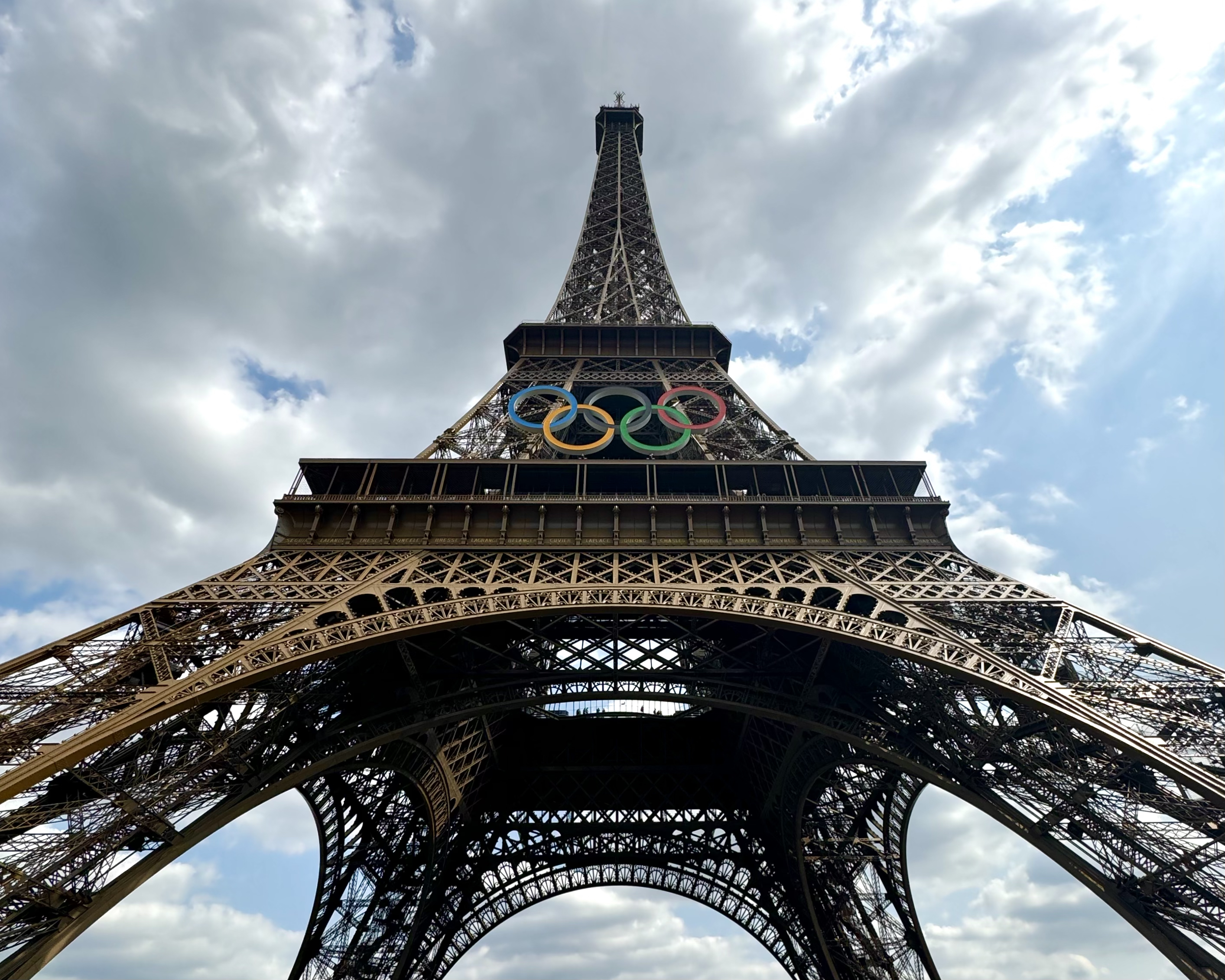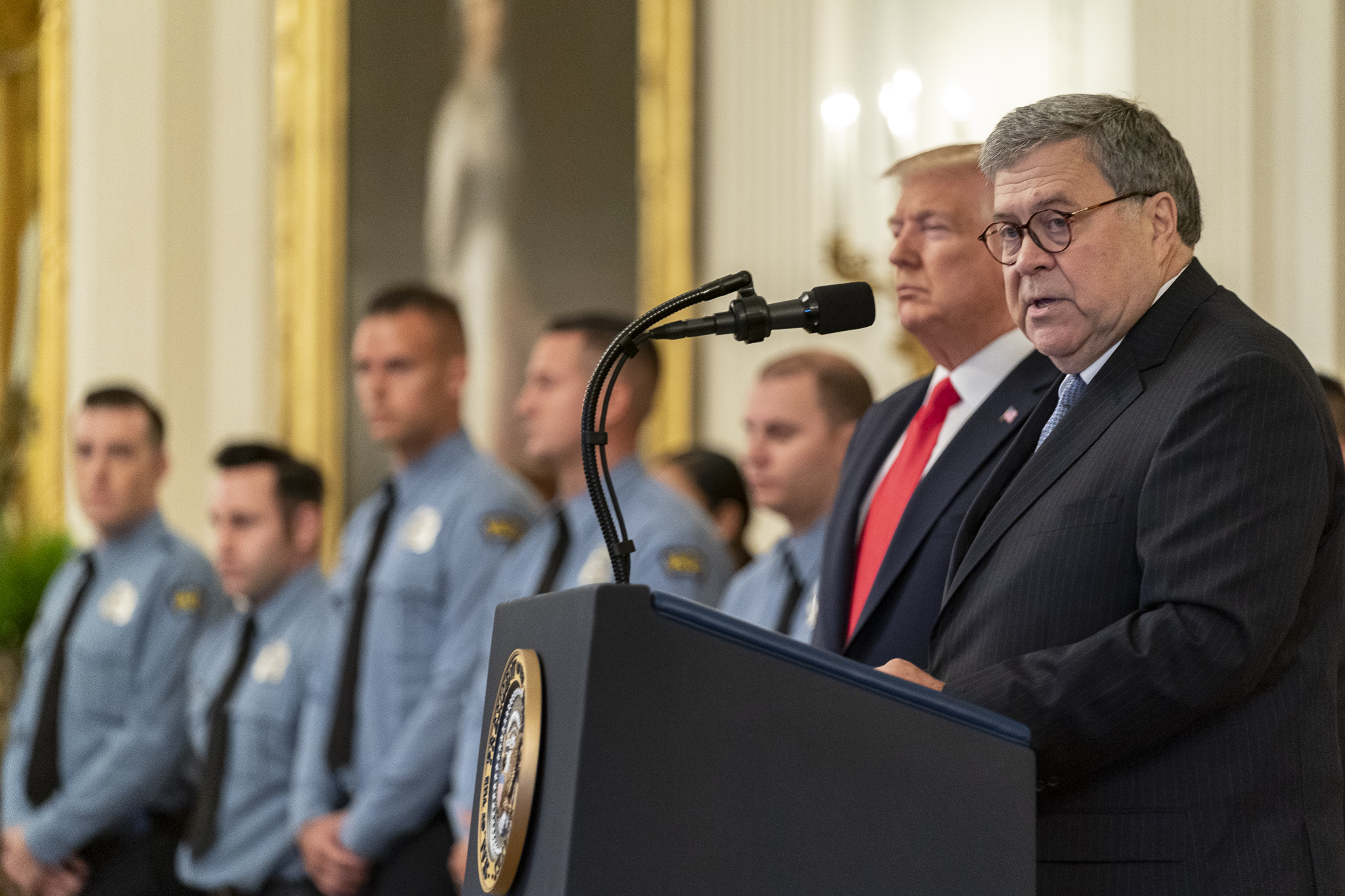Today's Headlines and Commentary
The United Nations issued a human rights report yesterday on the situation in South Sudan. The New York Times explains that report draws attention to the horrors being committed by both government and rebel forces in the world’s newest country, in a conflict that began there in December.
Published by The Lawfare Institute
in Cooperation With

The United Nations issued a human rights report yesterday on the situation in South Sudan. The New York Times explains that report draws attention to the horrors being committed by both government and rebel forces in the world’s newest country, in a conflict that began there in December. The report is very clear: both sides have committed crimes against humanity, and a swift international response is vital. Reuters has more.
The BBC reports that the heads of both sides of the bloody conflict---President Salva Kiir and rebel leader Riek Machar---will, for the first time since the violence began, meet face-to-face today in Addis Ababa.
There’s been lots of coverage of the recent kidnapping, in Nigeria, of hundreds of young schoolgirls by the terrorist organization Boko Haram. The Times reports that the shocking situation has put direct scrutiny on the United States’ counterterrorism strategy, specifically relating to Boko Haram during Hillary Clinton’s tenure as Secretary of State. The Republican leadership is coming down hard on Clinton, accusing her of wavering and delaying too much in labeling Boko Haram as a terrorist organization. Others defend Clinton and explain that there were good reasons for not labeling the organization earlier on, and warn that this is a political ploy: shifting negative attention to Clinton will surely affect her if she runs for office in the coming presidential election.
Setting politics aside, CNN reports that United States military officials are scheduled to arrive in Nigeria today to help in the search for the abducted children. There are no plans to send any U.S. combat troops to the country.
From the Wall Street Journal: despite a stirring speech by Nigerian President Goodluck Jonathan yesterday, in which he vowed to end terrorism in his country, the international consensus remains generally skeptical of the Nigerian leader. An Economist piece certainly doesn't shy away from expressing an opinion of Jonathan’s government, calling it “incompetent” and “callous, too;" and reminding us that it took Jonathan over two weeks to address the matter in public.
House Republicans have a measure opening a special investigation into the Benghazi terrorist attack, reports the AP. This will be the eighth investigation on the attacks of September 11, 2012 in Libya. Politico reports that Speaker John Boehner (R-OH) selected Rep. Ted Gowdy (R–SC) to head the new Benghazi select committee and that the remaining members of the panel will be announced today.
In order to help quell current political tensions, President Putin yesterday urged the separatist movement in east Ukraine to delay Sunday's referendum on independence from Kiev. Al Jazeera reports that while Putin still clearly supports the measure, the urge to delay, coupled with the alleged withdrawal of Russian troops from the Russia-Ukraine border, is a responsible diplomatic move. The Ukrainian government, however, expressed skepticism towards any political good will, and called the urge to delay a “farce." But, alas, much to the dismay of the West and Putin’s diplomatic stance, pro-Russian militants vowed yesterday to move ahead with the scheduled referendum, according to the Times.
Tensions are high in the South China Sea. CNN reports China, Vietnam and the Philippines became involved in a “series of potentially explosive confrontations” surrounding disputed territory in the region. The United States was quick to respond to the actions: the BBC reports that a US spokeswoman placed the blame on China, calling the country’s actions of moving a Chinese oil rig into disputed territory “provocative,” and a deliberate effort to undermine peace in the region.
In a shockingly positive but equally circumspect announcement, North Korea has said it will “consider” some of the United Nations recommendations to improve human rights in the country. The Guardian has that story.
Email the Roundup Team noteworthy law and security-related articles to include, and follow us on Twitter and Facebook for additional commentary on these issues. Sign up to receive Lawfare in your inbox. Visit our Events Calendar to learn about upcoming national security events, and check out relevant job openings on our Job Board.
Clara Spera is a 3L at Harvard Law School. She previously worked as a national security research intern at the Brookings Institution. She graduated with an M.Phil from the University of Cambridge in 2014, and with a B.A. from the University of Chicago in 2012.





